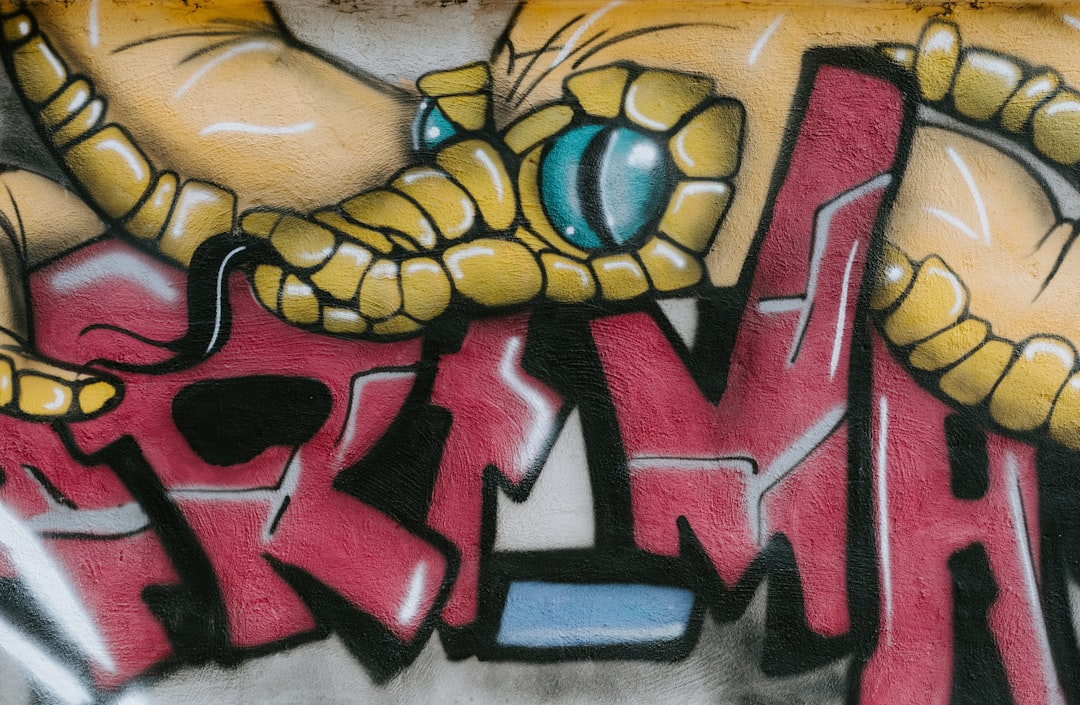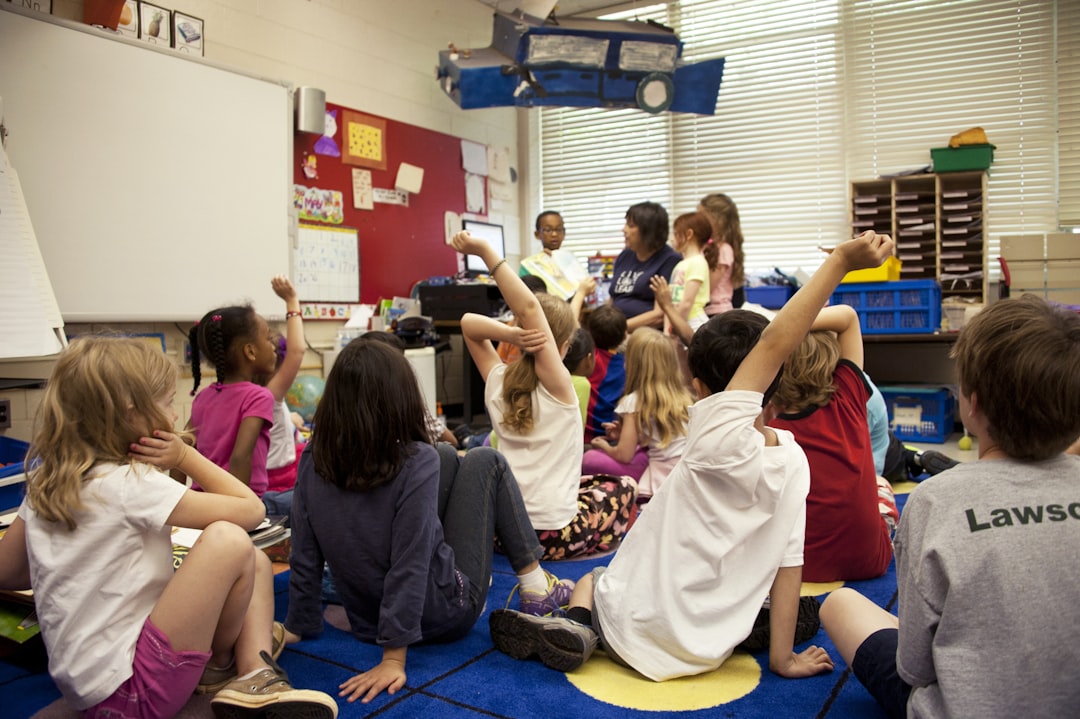Cultural competence is a critical tool in addressing child welfare issues in Rochester, NY. It involves understanding diverse cultural backgrounds, family practices, and beliefs to provide sensitive support without causing harm or mistrust. By embracing cultural competence, child welfare services can better connect with communities, build trust, and offer tailored interventions. Daycare abuse lawyers in Rochester NY play a vital role by offering culturally sensitive legal guidance, navigating complex systems, and ensuring justice for families from various backgrounds, ultimately improving outcomes for at-risk children.
“In Rochester, addressing child welfare issues requires a nuanced approach that prioritizes cultural competence. This article delves into the significance of understanding diverse cultural contexts in the realm of child protection. We explore how cultural differences impact reporting and prevention efforts, shedding light on the unique challenges faced by Rochester’s diverse communities.
Additionally, we present strategies for enhancing cultural sensitivity among legal professionals, particularly in daycare abuse cases, emphasizing the critical role of a competent daycare abuse lawyer in Rochester, NY.”
Understanding Cultural Competence in Child Welfare

Cultural competence is a critical aspect of addressing child welfare issues in Rochester and beyond. It refers to the ability to understand, appreciate, and effectively interact with individuals from diverse cultural backgrounds, especially those who may have unique needs and experiences shaped by their ethnicity, race, religion, or socioeconomic status. In the context of child welfare, this means recognizing that every family has distinct cultural practices and beliefs that can influence how they perceive and respond to challenges like neglect, abuse, or mental health issues.
For instance, a daycare abuse lawyer in Rochester NY may encounter clients from various ethnic groups where traditional parenting styles and communication methods differ significantly. A culturally competent approach involves educating professionals on these nuances to ensure they provide sensitive and effective support without inadvertently causing harm or mistrust. By embracing cultural competence, child welfare services can better connect with communities, build trust, and offer tailored interventions that respect and celebrate the rich tapestry of Rochester’s diverse population, ultimately improving outcomes for at-risk children.
The Impact of Cultural Differences on Reporting and Prevention

In addressing child welfare issues, understanding cultural differences is paramount. The diverse community in Rochester encompasses various ethnic, linguistic, and socioeconomic backgrounds, each bringing unique perspectives on parenting, communication, and reporting suspicious activities. When a child faces abuse or neglect, these cultural factors can significantly impact how incidents are identified, reported, and prevented. For instance, some cultures may have distinct understandings of what constitutes appropriate discipline, making it crucial for professionals to be culturally competent in recognizing and responding to different forms of daycare abuse.
Cultural competence among service providers, including daycare staff and lawyers specializing in Rochester NY child welfare cases (daycare abuse lawyer Rochester NY), is essential. It involves recognizing and respecting cultural differences, adapting communication strategies, and ensuring that services are accessible and sensitive to diverse needs. By embracing this approach, professionals can build trust with families, encourage open dialogue, and facilitate the early identification of potential welfare issues. This, in turn, enhances prevention efforts by providing timely interventions tailored to each community’s unique cultural context.
Challenges Faced by Diverse Communities in Rochester

Rochester, like many cities, is home to a diverse range of communities, each with unique cultural practices and backgrounds. This diversity presents both opportunities and challenges when it comes to addressing child welfare issues. One significant challenge is communication barriers; not all families speak English as their first language, making it difficult for them to navigate the complex systems involved in reporting abuse or seeking help. Additionally, cultural misunderstandings can lead to mistrust of authorities, deterring families from coming forward with concerns about potential daycare abuse.
The city’s diverse communities also face economic disparities, which can limit access to quality education and healthcare. These factors contribute to a cycle of poverty that increases the risk of child neglect and abuse. Moreover, some cultural traditions may not align with Western norms regarding parental authority and discipline, leading to confusion and potential accusations of abuse when conflicts arise. A daycare abuse lawyer Rochester NY residents trust is essential in these situations, providing legal guidance sensitive to these cultural nuances and ensuring justice for all families.
Strategies to Enhance Cultural Sensitivity in Legal Practice for Daycare Abuse Cases

In navigating daycare abuse cases, cultivating cultural sensitivity is paramount for lawyers in Rochester, NY. This involves understanding and respecting the diverse backgrounds and beliefs of families involved, which can significantly impact their experiences and interactions with legal systems. One key strategy is continuous education on cultural competence, including training on unconscious biases and the historical context that shapes different communities’ views on child welfare. Lawyers should actively seek to learn about the specific cultural norms and practices relevant to each case, ensuring communication remains clear, respectful, and sensitive to potential language barriers.
Additionally, building a diverse network of community partners, such as cultural organizations and social service agencies, can provide valuable insights and facilitate better engagement with families from various backgrounds. Utilizing interpreters and multilingual resources is essential when dealing with non-English speaking parents or guardians. Moreover, lawyers should be mindful of family structures and decision-making processes across cultures, ensuring that legal proceedings are inclusive and considerate of alternative parenting models. These strategies collectively work towards creating a more equitable and supportive environment for all parties involved in daycare abuse cases.




